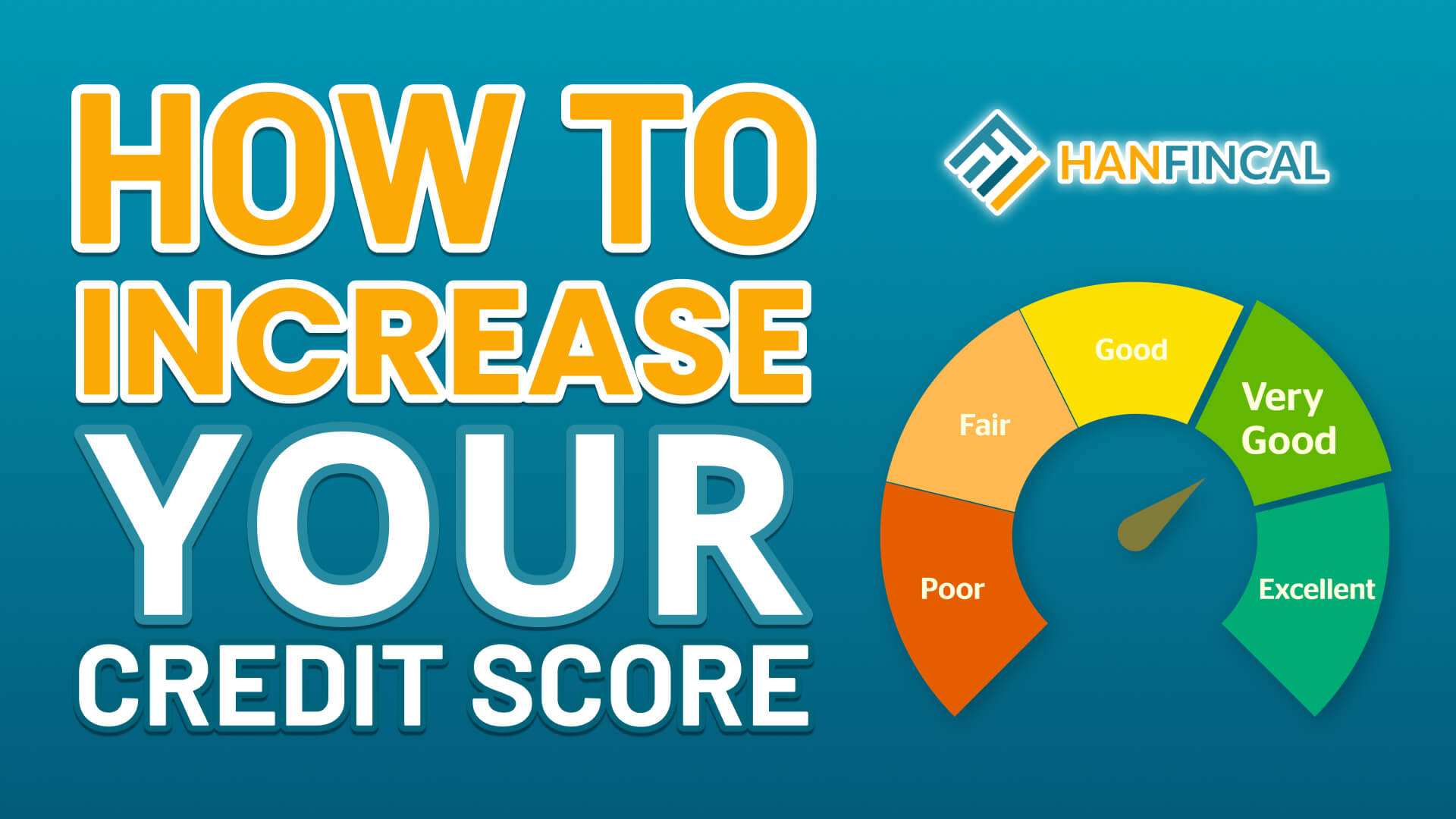What is the difference between credit card and debit card? Have you gone to apply for a card but are unsure which one is best for you? Both can make purchases simple and convenient to buy things in-store or online, but they also have some differences. Hanfincal will help you distinguish between two cards today.
1. What is the difference between credit card and debit card?
Debit cards let you withdraw the money you have deposited at the bank, whereas credit cards let you borrow money from the credit card company.
In other words, when using a debit card, the funds for the amount of your purchase are almost instantly deducted from your checking account. In contrast, when you use a credit card, the amount is charged to your credit line, which means you will pay the bill later, giving you more time to pay.
Furthermore, debit cards make it more difficult to overspend because you can only spend the amount in your checking account. You risk spending beyond your means when you use a credit card. Debit cards additionally provide the same convenience as credit cards without the need for you to borrow money or pay fees and interest on your purchases. However, some credit cards provide additional purchase insurance and can make it easier to request a refund or return.
2. What is a credit card?
Your bank and function issue a debit card as an ATM card and a credit card. They can be used to purchase goods or services and are known as “check cards” or “bank cards.” Additionally, a debit card is a payment card that, unlike a credit card, deducts money directly from a consumer’s checking account when used. There are two kinds of cards that you may see referred to as debit cards and prepaid cards.

What is a credit card?
2.1. Pros of using credit cards
2.1.1. Build credit history
As you know, using credit cards helps build your credit score from the ground up. Why does it behave in this manner? This is because all card-related activities and transactions are recorded in your credit report. This statement includes both positive and negative items, such as on-time payments and low credit utilization ratios, and late payments or delinquencies. The information in your credit report is then used to calculate your credit scores. Responsible spenders can improve their scores by maintaining a history of expenditures and timely payments and keeping their card balances low in comparison to their card limits.
Furthermore, there is a smart way to instantly improve your credit score by obtaining these scores from online credit centers. These free credit scores will assist you in raising a specific level of your score. Do not hand over these points to others.
2.1.2. Fraud protection
Fraud is still possible with credit cards, but it is generally more exceptional than debit cards because credit cards provide much better fraud protection than debit cards. This is reflected in the fact that if you experience card fraud, your loss will be much lower than if you experienced debit card fraud. As long as customers promptly report the loss or theft, their liability for purchases after the maximum card value has vanished is limited to $50.
The Electronic Fund Transfer Act provides debit cardholders with the same protection against loss or theft—but only if the loss or theft is reported within 48 hours of discovery. The card user’s liability increases to $500 after 48 hours, and there is no limit after 60 days.
2.1.3. Other credit card advantages
- The credit cardholder is not liable for the disputed charges; typically, the amount is deducted directly and only restored if the dispute is withdrawn or settled in favor of the merchant.
- Credit card users can use the Fair Credit Billing Act to dispute unauthorized purchases or goods purchases damaged or lost during shipping.
- When renting a car, many credit cards offer a collision insurance waiver.
2.1.4. Warranty and purchase protections
Aside from fraud protection, credit cards also have warranty and purchase protections. Furthermore, some credit cards may provide warranties or insurance on additional purchased items and those the retailer or brand offers. You may also have purchase and price protection built in to help you replace stolen or lost items or refund price differences when the item you purchased is sold for less elsewhere.
2.2. Cons of using credit cards
2.2.1. Credit score impacts
Credit cards, like everything else, have two sides. Although they can be the quickest and most effective way to help you build credit from the ground up, if you do not use them wisely, they can become a double-edged sword and harm your credit score. When do credit cards affect your credit score? When you get into the habit of paying late, maxing out one or more of your credit cards, closing down older accounts or applying for new credit too frequently, this is the answer.
Set up credit card alerts to notify you of payment due dates and card balances, so you can pay on time and avoid exceeding your credit limit.
2.2.2. Interest and fees
Because the balances on your credit card accounts are loans, interest and fees are undesirable. Your annual percentage rate (APR) is calculated using the interest rate and the fees charged by the credit company. The higher the APR on the card, the more it will cost you to carry a balance month after month. Furthermore, if you do not guarantee to pay these debts by the due date, interest will accrue, and the amount you must pay will be substantial.
Before you apply, carefully consider the other fees on your cards, such as an annual fee, a balance transfer fee, a cash advance fee, a foreign transaction fee, a late payment fee, or a returned payment fee. Alternatively, you can find ways to keep these fees as low as possible.
2.2.3. Spending can lead to debt
Overspending is easy because credit cards aren’t deducted directly from your bank account. You don’t have to spend your own money every time you swipe your card, and sometimes you don’t have money but can still make purchases or go shopping, which means you have no control over how much you spend. Furthermore, these loans have interest, and if you spend a lot of money, your interest will be high as well. Having high balances on multiple cards can make it challenging to keep up with monthly payments and strain your finances.
3. What is a debit card?
A debit card is a payment card that allows you to make secure and simple purchases online and in-person by drawing funds directly from your checking account. They can be used to purchase goods or services and obtain cash from an automated teller machine or a merchant who will allow you to add an amount to purchase. Some types of debit cards are as below:
- standard debit cards,
- electronic benefits transfer (EBT),
- prepaid debit cards.

hat is a debit card?
3.1. Pros of using debit cards
3.1.1. Avoid debt
Impulsive spenders using debit cards can avoid the temptation of credit and stick to their budget safely. This is true because you won’t have any debt if you don’t borrow any money and instead spend your own money. These cards, therefore, help you avoid overspending and debt accumulation. This additionally can help you avoid high-interest debt.
3.1.2. No annual fee
The good news is that debit cards do not have an annual fee. Furthermore, you will not be charged any fees when withdrawing money from the bank’s ATMs. However, you must pay fees to keep your checking account open if you use these cards.
3.1.3. Fraud protections
Many debit cards, such as Visa and Mastercard, are becoming more modern by beginning to offer more protections for credit card users. This will protect your account and money, reducing the amount of money you will lose due to theft or skimming.
You have to report fraud or theft as soon as you become aware of it. The time frame in which you report fraudulent purchases determines your liability. If you don’t notify the bank that your card has been used for unauthorized purchases immediately, you may be held liable for some or all of the losses.
3.2. Cons of using debit cards
3.2.1. Fees
Although debit cards do not charge annual fees, cash advance fees, or late payment fees, you will still be charged other fees unique to debit cards. Examples are monthly maintenance fees, returned-item fees, overdraft fees if you overspend from your account, and foreign ATM fees if using your debit card at a machine owned by another bank or financial institution.
3.2.2. No rewards
There is no debt, no interest, and thus no rewards for using a debit card. You will not earn points, miles, or cashback on debit card purchases unless you have a reward checking account.
3.2.3. Won’t build credit
Debit cards have almost no positive effect on your credit history because they only use money that you have available. Your credit report will not record your transactions and activities with these cards, so it will not serve as a credit score review.
4. Debit vs. Credit: Which is best for you?
Now you know what’s the difference between credit and debit card. Let’s choose the best one for yourself. Depending on your consumption habits and intended use, you should think about getting which one since you can benefit from both if you use them wisely.
If you attend to taking out a large loan for your first home or car, a debit card will not help you improve your credit score to qualify for loans with attractive benefits; instead, credit cards should be considered. Furthermore, credit cards can help you earn rewards as well. However, remember that you must stick to a budget and pay all your balance on time and in full every month.
In contrast, if you are not confident in controlling your monthly expenses and your salary runs out in the middle of the month, avoid using credit cards; instead, use debit cards. Debit cards can help you reduce your risk of debt accumulation and financial stress.
What is the difference between credit card and debit card? The analysis from Hanfincal in this article may be helpful to you. Whatever you choose, it’s critical to understand how it works, who is responsible for payment, and what fees may be associated. This will allow you to use it wisely and effectively.
==> Read More:




